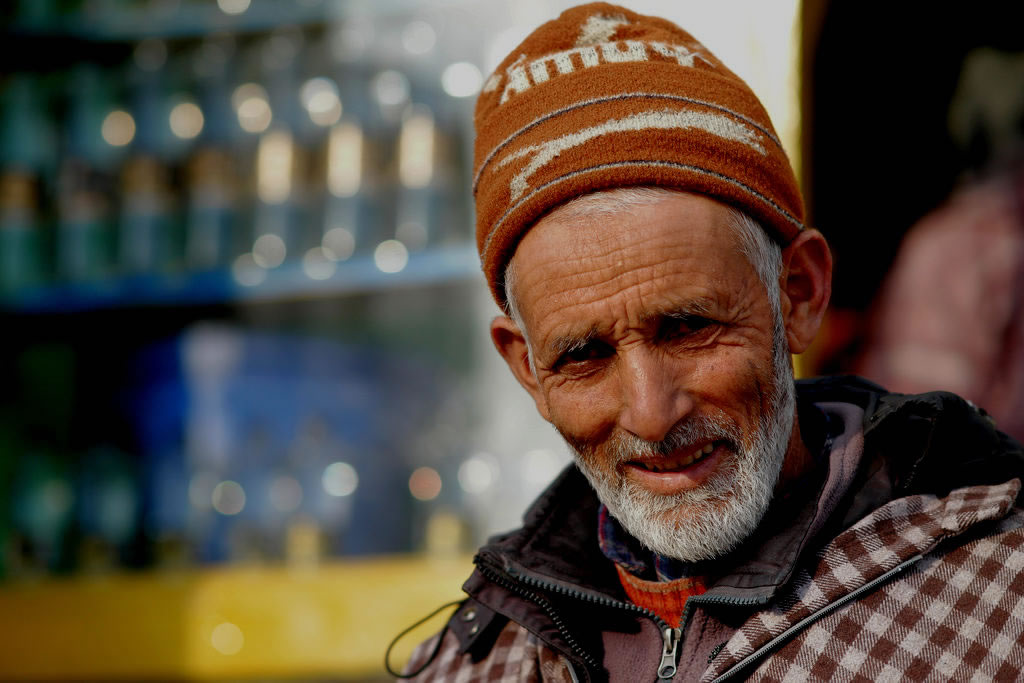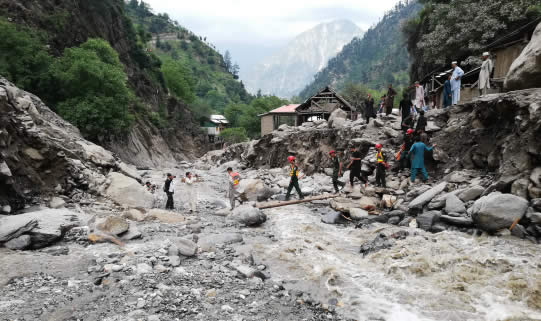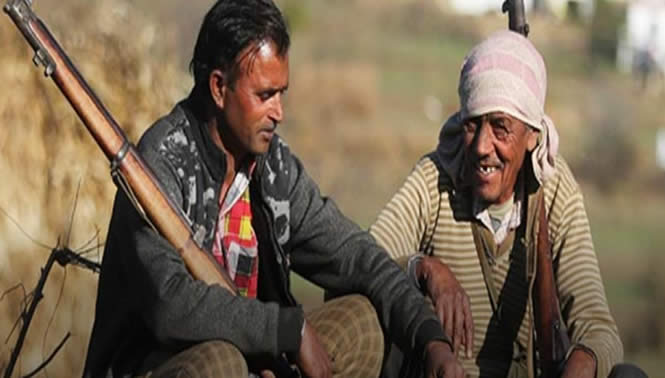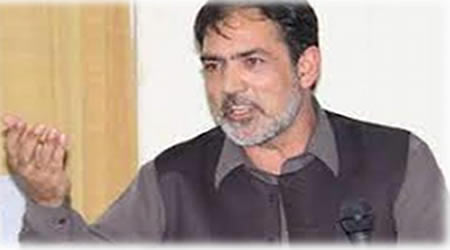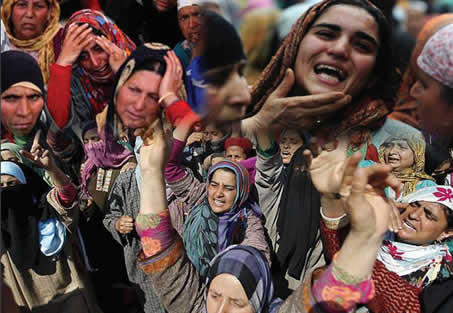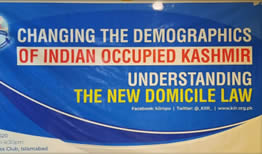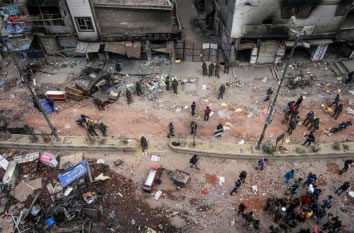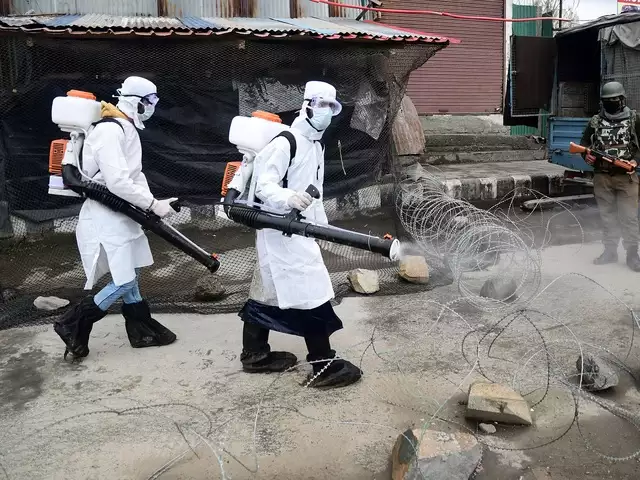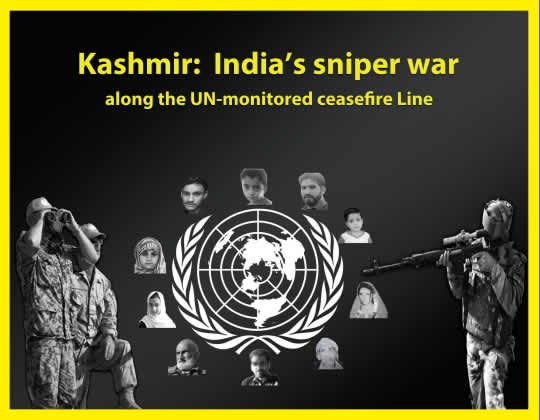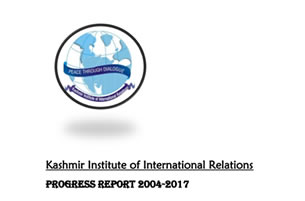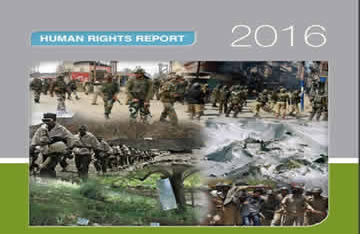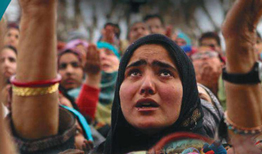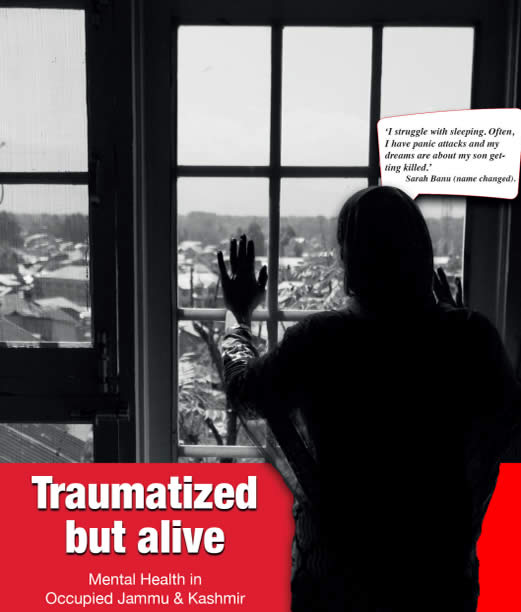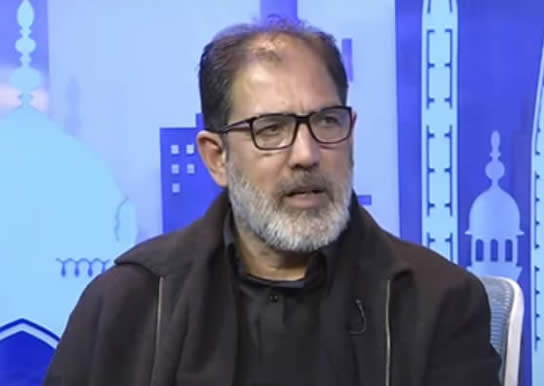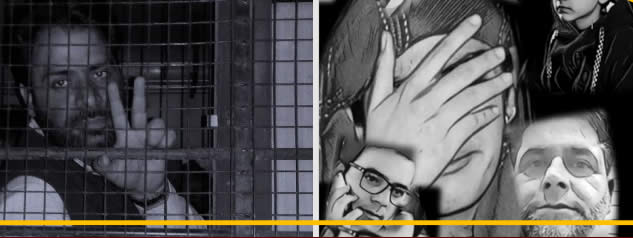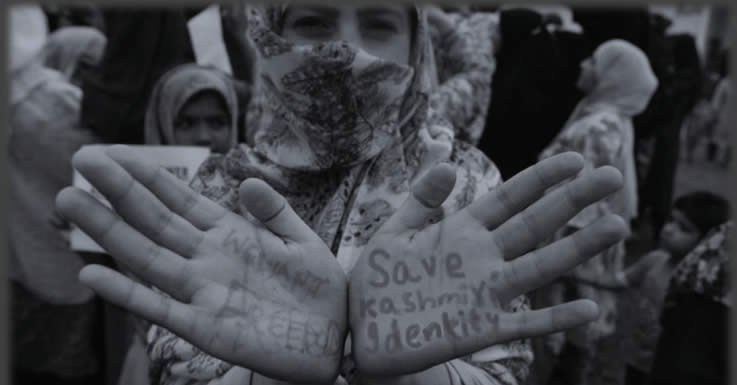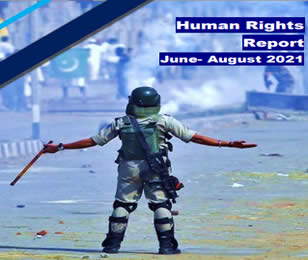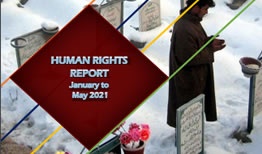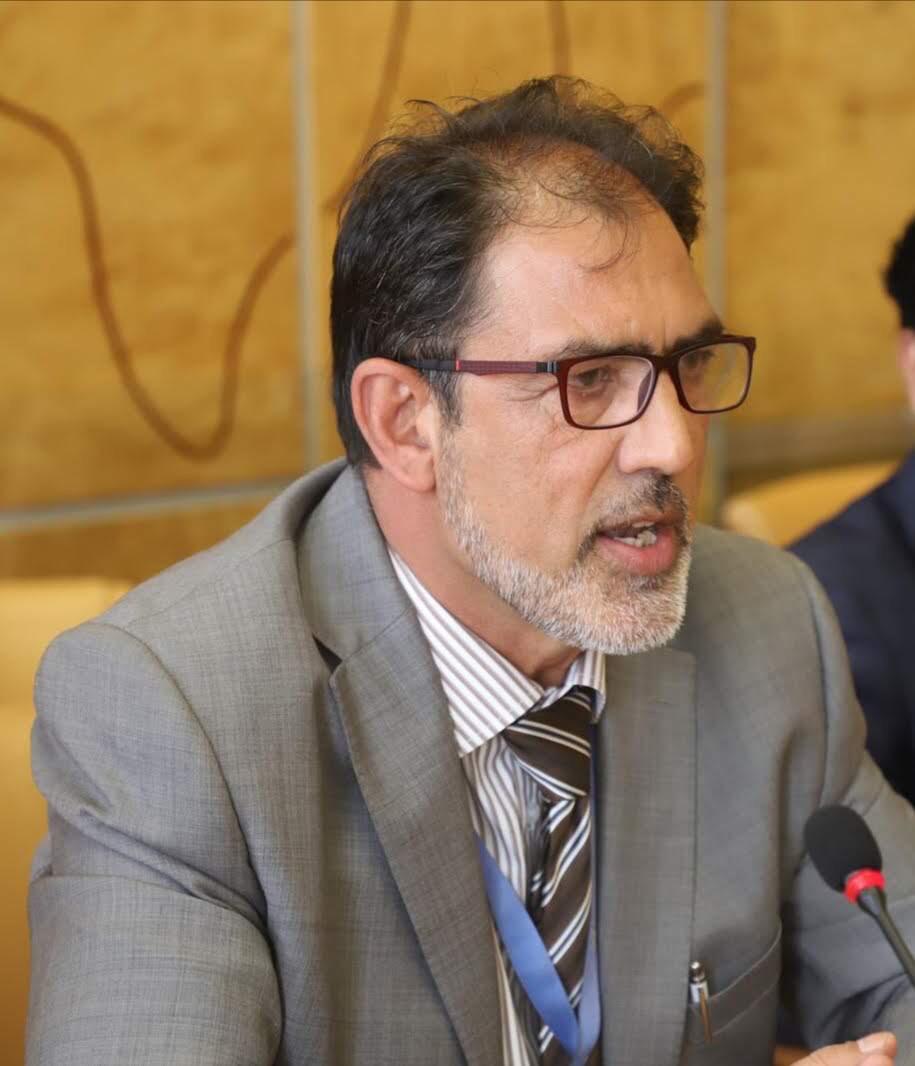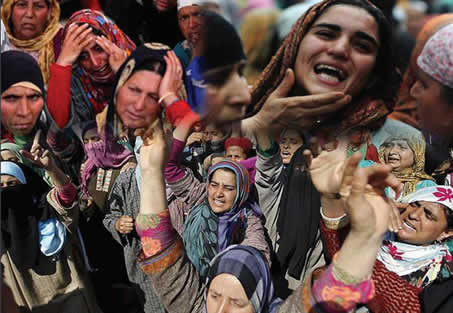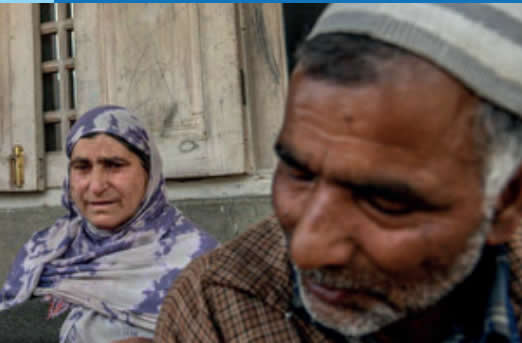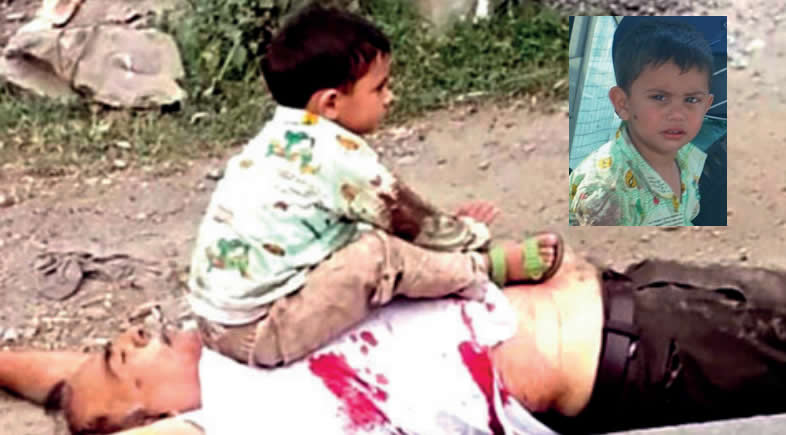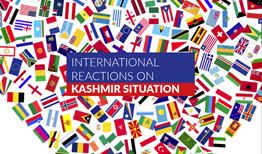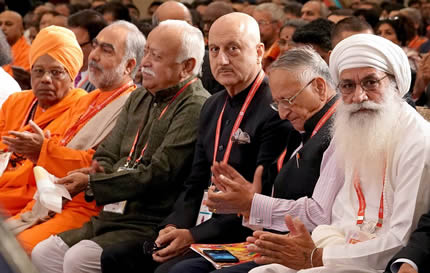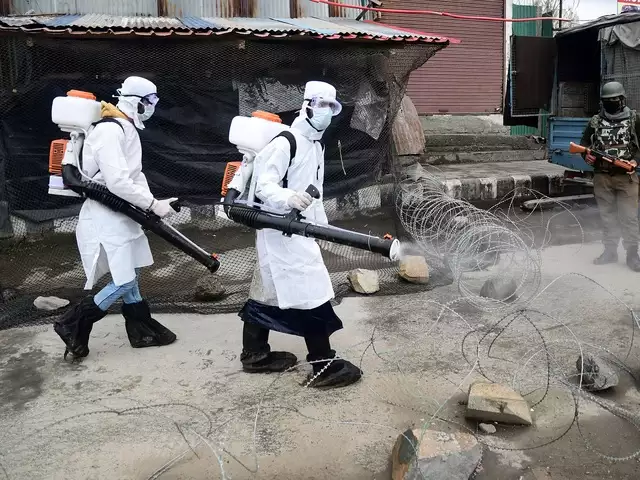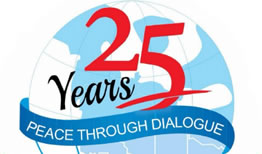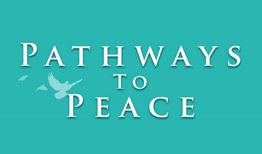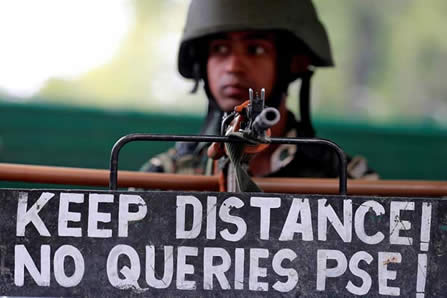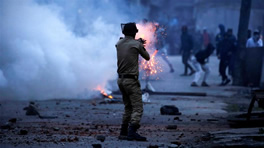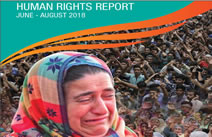ANTI-MUSLIM BIAS EXTRAJUDICIAL PUNISHMENTS AND IMPUNITY IN INDIA
ANTI-MUSLIM BIAS, EXTRAJUDICIAL PUNISHMENTS AND IMPUNITY IN INDIA
“The longer Hindu nationalists are in power, the greater the change will be to Muslims’ status and the harder it will be to reverse such changes,”
Ashutosh Varshney, an expert on Indian intercommunal conflict at Brown University. In contemporary India, Muslims grapple with systemic discrimination across various facets of life, including employment, education, and housing. This pervasive bias obstructs their path to political empowerment and economic prosperity, leaving them with limited access to healthcare and essential services. Even with constitutional protections, the struggle for justice after experiencing discrimination remains an arduous journey. Over the past two decades, the political representation of Muslims in the Indian parliament has stagnated, reaching a mere 5 percent after the 2019 elections. This stagnation can be attributed, in part, to the ascent of the Bharatiya Janata Party (BJP), which, by mid-2022, had no Muslim members in its parliamentary ranks.
By: Mehr un Nisa
Widespread anti-Muslim bias among police officers hampers intervention in crimes against Muslims. Furthermore, courts and governmental bodies sometimes overturn convictions involving Hindus of violence against Muslims, contributing to widespread impunity. A concerning trend is the introduction of laws curbing Muslims' religious freedoms, such as anti-conversion laws and bans on wearing headscarves in schools. Authorities have also resorted to extrajudicial means, employing what critics label as "bulldozer justice." In 2022, several states witnessed the demolition of homes under the pretext of lacking proper permits. Critics argue that this practice disproportionately targets Muslims, some of whom had participated in recent protests. Despite India's Supreme Court declaring demolitions as non-retaliatory, the practice persists.
The controversial actions of the Modi government have further heightened tensions. In December 2019, the parliament passed the Citizenship Amendment Act, which allows expedited citizenship for migrants from specific religions and countries, excluding Muslims. The law's religious criteria for citizenship is discriminatory, marking a significant departure from India's secular traditions. Simultaneously, the BJP pledged to implement a National Register of Citizens (NRC) through its 2019 election manifesto. While initially designed for the state of Assam, implementing the NRC nationwide poses a risk of rendering many Muslims stateless, as they may lack the necessary documentation.
The political landscape of Jammu and Kashmir, India's only Muslim-majority state, has witnessed a transformation under the Modi government. In August 2019, the state was bifurcated into two territories, and its special constitutional autonomy was revoked. The subsequent crackdown on the rights of the region's inhabitants, justified under the guise of security maintenance, includes frequent internet shutdowns, harassment and arrests of journalists, and detention of political figures and activists. Despite government claims of improved security, armed groups have taken a toll on civilians, with dozens losing their lives since the division. As India grapples with these challenges, the longer Hindu nationalists remain in power, the more profound the impact on the status of Muslims, making it increasingly difficult to reverse such detrimental changes.
Related Reports
